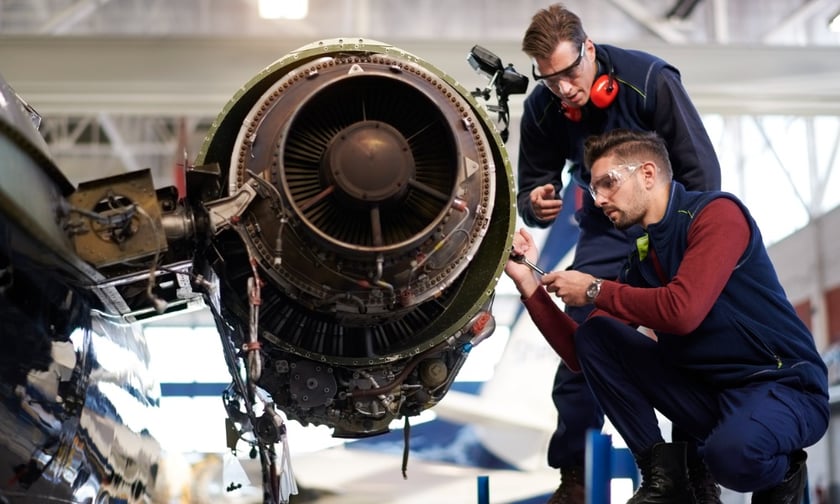

The International Underwriting Association (IUA) stated that London market insurers are crucial in developing new and advanced air mobility technologies over the next few years. The organisation requested a robust certification process, one that prioritises safety and access to data so underwriters can effectively analyse risk and liabilities. IUA's comments were an official response to a public review of the law around autonomous flight conducted by the Law Commission.
The new and advanced air mobility technology includes larger aviation drones that will be used to deliver cargo and vertical take-off and landing vehicles carrying passengers for air taxi services.
Senior underwriting and claims executive at IUA, Tom Hughes, said, “The London Market has always provided a home for new, complex risks and very large exposures. Insurers are already providing cover for new aircraft and have recognised an opportunity to support the testing and roll-out of new technologies.
“It is difficult to know how fast and how quickly the market will develop, but given the levels of investment being seen in the UK and globally it is difficult to believe that advanced air mobility will not be a significant part of our transport network in the future.”
The IUA pointed to the recent Automated Vehicles Act (AVA) as providing a template for establishing liability, depending on whether a vehicle is being controlled by a human or autonomously. The AVA is a piece of legislation that establishes a regulatory framework for the safe operation of automated vehicles on public roads.
It also mentioned that recent debates about how insurers could access data to determine liability in case of accidents involving driverless cars can be applied to aviation.
The IUA also encouraged lawmakers to consider safety regulations around battery use and cybersecurity systems used by air mobility technologies. In addition, it brought up the potential risk of increasingly congested airspace and the potential impact on privacy rights with new technologies likely operating in closer proximity to people compared to traditional aircraft.
“Focusing on safety is fundamental to ensure the integrity and longevity of the advanced air mobility market. There is a substantial risk that early accidents could deter insurers from engaging in the sector and risk denting public confidence in the technology,” Hughes added.
Have something to say about this story? Leave a comment below.
